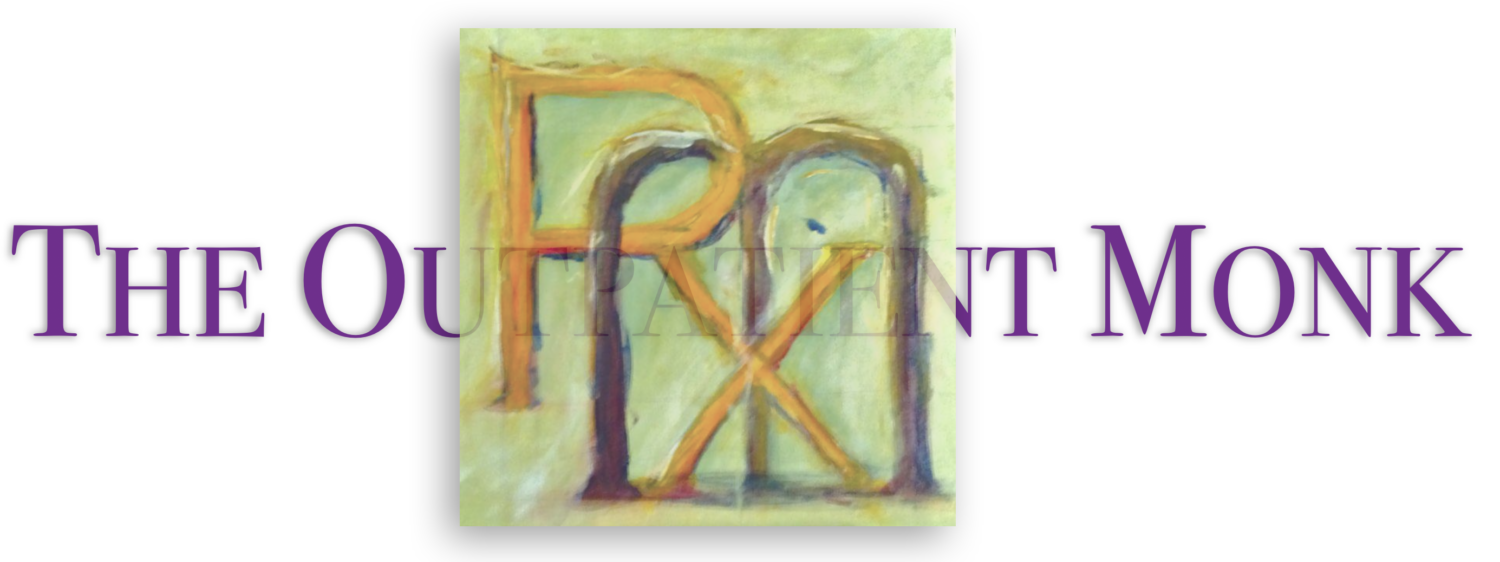Last updated on March 22, 2025
 I can think of two particular stories to illustrate how I have been feeling this Christmastide. The first s the famous ending of the classic movie the graduate. Dustin Hoffman dramatically storms the church and steals his love, Anne Bancroft away form the altar where she was almost tragically married to some other dude. The two board a passing bus and the camera lingers on them…a little too long, just long enough for those of us watching the scene to realize that starry eyed feeling of them staring in each other eyes quickly becomes awkward and uncertain in hardly any time at all, in less time it takes for the scene ti finally, mercifully fade to black. The other time was when I made the highly emotional, thrilling and conflicted drive to my first day of university. So many days I had been anticipating the drive and the drive itself was both wonderful and terrifying.
I can think of two particular stories to illustrate how I have been feeling this Christmastide. The first s the famous ending of the classic movie the graduate. Dustin Hoffman dramatically storms the church and steals his love, Anne Bancroft away form the altar where she was almost tragically married to some other dude. The two board a passing bus and the camera lingers on them…a little too long, just long enough for those of us watching the scene to realize that starry eyed feeling of them staring in each other eyes quickly becomes awkward and uncertain in hardly any time at all, in less time it takes for the scene ti finally, mercifully fade to black. The other time was when I made the highly emotional, thrilling and conflicted drive to my first day of university. So many days I had been anticipating the drive and the drive itself was both wonderful and terrifying.
 When I finally pulled on to campus I remember parking my car, getting out and looking far off to the ocean horizon, and then turned and face the buildings and literally said to myself, “Now what?” To call these moments anti-climactic is somehow entirely wrong, they are both exactly climactic and exhilarating, but like all real human moments, they keep going. There are the few moments after every spectacular moment when we are returned to the hard churned out work of time and remember just how mundane each of our lives insist on being. Every Oscar winner eventually has to set Oscar down and use the bathroom. Every medal winning Olympian still awaits they have to take NyQuil to barely, and miserably sleep through the night to wake dehydrated exhausted, and cranky. And even the Holy family had the morning after. The shepherds looked at each other and said, “soooo, well, I guess we should be going…” and even the Holy family had the morning after. The shepherds looked at each other and said, “soooo, well, I guess we should be going…” and Mary with her eyelids half open said, “yeah thanks for stopping by to worship God-incarnate that just popped out of me, g’night, drive safe,” only to be awakened a few hours later by a cold and hungry baby Jesus who was not yet so keen on acting like the divine king we had been expecting… and, of course, there was the first diaper, when one half of Joseph’s mind was asking, “Is he ok? Is this poop normal? I should ask my mom,” and the other half was saying, “So you, mr poopy-butt, have come to save us. Alleluia. Alleluia.”
When I finally pulled on to campus I remember parking my car, getting out and looking far off to the ocean horizon, and then turned and face the buildings and literally said to myself, “Now what?” To call these moments anti-climactic is somehow entirely wrong, they are both exactly climactic and exhilarating, but like all real human moments, they keep going. There are the few moments after every spectacular moment when we are returned to the hard churned out work of time and remember just how mundane each of our lives insist on being. Every Oscar winner eventually has to set Oscar down and use the bathroom. Every medal winning Olympian still awaits they have to take NyQuil to barely, and miserably sleep through the night to wake dehydrated exhausted, and cranky. And even the Holy family had the morning after. The shepherds looked at each other and said, “soooo, well, I guess we should be going…” and even the Holy family had the morning after. The shepherds looked at each other and said, “soooo, well, I guess we should be going…” and Mary with her eyelids half open said, “yeah thanks for stopping by to worship God-incarnate that just popped out of me, g’night, drive safe,” only to be awakened a few hours later by a cold and hungry baby Jesus who was not yet so keen on acting like the divine king we had been expecting… and, of course, there was the first diaper, when one half of Joseph’s mind was asking, “Is he ok? Is this poop normal? I should ask my mom,” and the other half was saying, “So you, mr poopy-butt, have come to save us. Alleluia. Alleluia.”

On most Christmas days after the 25th I get a few moments of deep, sincere and unspoiled hope. But this year, for some reason I am keenly aware that the US president still cannot seem to behave or act with respect or reason, childhood hunger in the US is still on the rise, and there is more than enough international violence to go around. The icing on the cake is that the impact of the Christmas narrative itself is at great risk of disappearing. Not only are an increasingly large amount of people abandoning the practices of Christmas altogether, or avoiding its origins or religious significance, many Christians themselves have seemed to drastically tweak the story to mean some kind of triumphalist, imperialistic opposite to what the story unmistakably gestures. Anticlimactic? No, it is actually kinda predictable, but it is also disappointing. …not in the sense that I am angry about the war on Christmas, but more in the sense that I am sad that we used to stand on the steps of the Capital and Sing, “Chains shall he break for the slave is our brother, His law is love and his Gospel is peace.”
Don’t get me wrong. I have no magical assumptions that just because we sang a familiar Christmas song that is magically made the world better, but it still created possibility, that someone else, like me, would someday hear those lyrics anew and find his life turned on end. I don’ think there is any magic in signing “O Holy Night” on the Capital steps, but I think there is a sadness when we stop… or when so few people find the hope in those words that it is not worth showing up for anymore.
The Christian life is made up of more moments like changing Jesus’ diapers (or peeing after you won an Oscar, or wondering what to do once you park your car on campus on the first day of university). The real Christian life is made of up moments of mundane work, or the hard work of love. It is the stuff of feeding the poor, clothing the naked, believing the sexually harassed, visiting the imprisoned and praying for your enemies. We trade ecstatic moments of reward for deep moments of being anchored in love that allows us to move forward and keep going without any promise of notoriety or applause. The life of discipleship is willingly surrendering a place of privilege, as Jesus did, for the restoration and redemption of others.
After the miraculous joy of Christmas, Mary and Joseph face years on end dealing with paying for Jesus’ food, protecting a precocious child and making sure he has every opportunity to flourish and to grow. The challenge of my life is not different. The life of faith is not all certainty that heaven will be fun, that Christians will be in charge, or the caroling is something that will always make sense to everyone in the culture. It entails dropping the phone and leaving your job when a friend with mom in ICU say, “will you come?” It is moments making space for a stranger or even gathering furniture for a recent immigrant family scared out of their wits.
The Christian life is no more, and no less, than the hard work of love. The nature of the story we tell (of the announcement to the shepherds, of the birth in a stable, of the sermon on the mount) tells us that the kingdom, the reign, we believe in is one that is exactly upside down to the world’s idea of progress an success.
I am confronted with the question if I am willing to believe in a story that is disappointing in the sense of the power or success that I seek? Am I willing to spend the rest f my life getting out of the way so other people have the opportunity to flourish?
For me the answer still remains yes. Yes. Even if Christmas goes out of fashion, I say yes. Even if the enemies to pray for become greater than the friends. Even if the story feels “anticlimactic.” Being Christian is about the hard work of love. That is a work and an effort to which I am willing to give my life. May God have mercy and make this the case.

